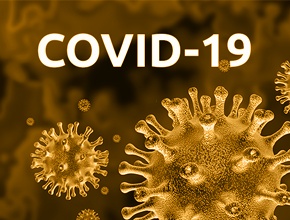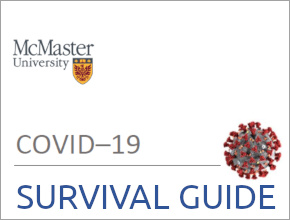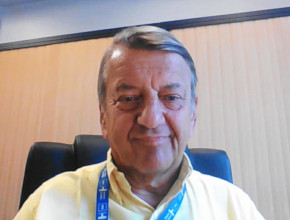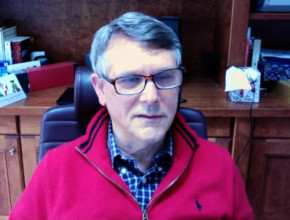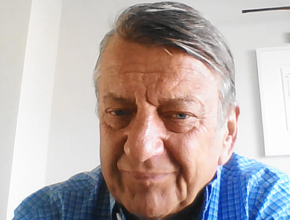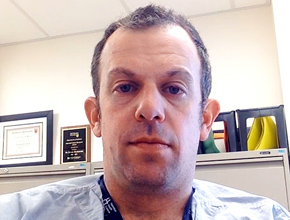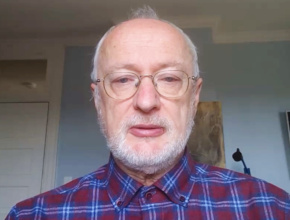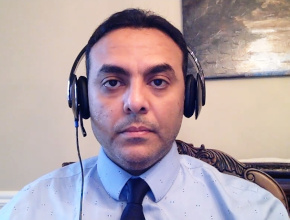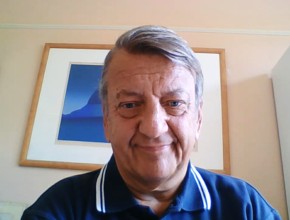Dr Jean-Louis Vincent, professor of intensive care medicine at Université libre de Bruxelles, past president of the World Federation of Societies of Intensive and Critical Care Medicine and the European Society of Intensive Care Medicine, accomplished author and researcher, joins Dr Roman Jaeschke to discuss the currently available treatment options for coronavirus disease 2019 (COVID-19).
For part 1 of this interview, click here.
Roman Jaeschke, MD, MSc: Professor Vincent, it sounds to me that you are very clear about the fact that nothing is proven or ready for widespread use, recommendations, or even suggestions. It’s also clear to me that you would prefer the use of potential drugs in the setting of randomized controlled trials (RCTs).
Let me ask you one more question. A lot of people will not have an easy access to RCTs, they will not know how to do them and will be overwhelmed by clinical care. Those people will be faced with questions and requests from their patients to get access to some of the treatments, if available. How should they behave? Should they offer those treatments?
Jean-Louis Vincent, MD, PhD: In our country [in Belgium] people have heard a lot about hydroxychloroquine. They know it’s not very toxic, as we have used it in the prevention of malaria without major problems, and they would like to receive it. In Belgium we regularly give it to the patients, because, as you suggest, it’s so frustrating to say, “We have no particular treatment, sorry, we will not give you anything.” People are very unhappy about this. They want to receive something, or—more commonly—their relatives want their loved one to receive something.
I think we need to be strict and try to avoid that. We had a VIP patient in our department. There were a number of people who wanted to interfere with the treatment. A cancer specialist in our institution said, “The patient should receive tocilizumab. We give it in leukemia when there’s an overreaction, so he could benefit from it.” We said no. The patient was transferred to another institution and they used it. The patient did not benefit and very sadly died. But we resisted. We said no, we would not give that drug, because there was no good evidence and it could do more harm than good. I think we need to stick to our principles.
Roman Jaeschke: I truly appreciate your point of view. I will try to interview people with different points of view. Let me ask you, do you know anybody who would have a markedly different point of view whom we could interview? Or someone who dares to contradict you?
Jean-Louis Vincent: You can invite Professor Didier Raoult from Marseilles. He’s not an intensive care doctor, but he will defend hydroxychloroquine with a very intelligent talk. He’s a right man, no doubt about it, but he believes strongly in what he found and claims that in Marseilles the coronavirus is not a big problem. Although the numbers show it is as much a problem there as anywhere else.
Roman Jaeschke: Thank you very much. I may try to connect with you in a few days or few weeks and I hope one of those treatments will really work wonders. Thank you very much.
Jean-Louis Vincent: Let’s hope we’ll have a treatment. Thank you, my friend. It’s a pleasure.
 English
English
 Español
Español
 українська
українська

